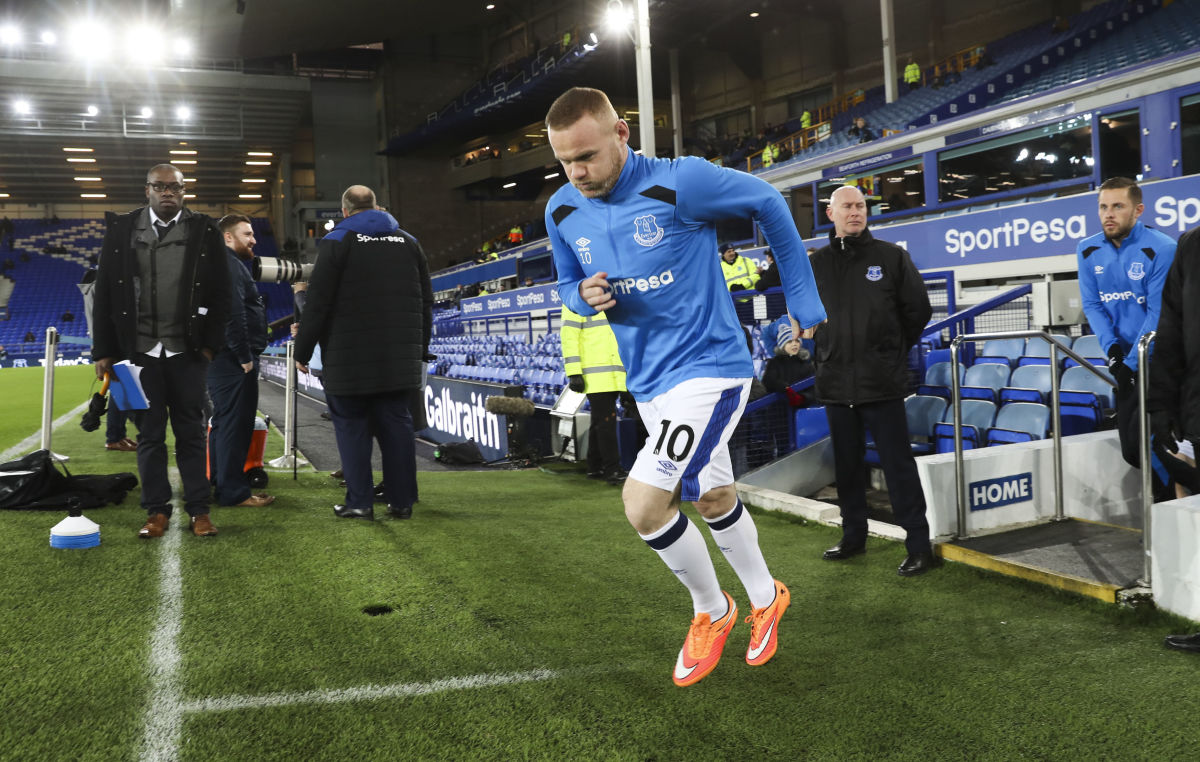Wayne Rooney Hit With Enormous Tax Bill After Involvement in Controversial Avoidance Scheme

Everton forward Wayne Rooney has been hit with a £5m tax bill as a result of his involvement with a film funding scheme which been ruled by Her Majesty's Revenue & Customs (HMRC) as a form of tax avoidance by claiming tax relief on artificial losses.
FT Adviser notes that people who buy into such schemes are investing in a limited liability partnership (LLP) which acquires the rights to films before leasing them back to the production company. They were originally introduced to raise funding for British films, but accountants and financial advisers have been selling the complicated schemes as a way to generate tax losses and have the tax saved paid back over a period of 10 or more years.

But HMRC has won the fight to chase tax on income generated from the partnership.
The Sun explains that Rooney had been urged to invest in such a scheme by his advisers, with other footballers, including Steve McManaman, Kevin Phillips and Ian Walker, and celebrities involved in similar investments in recent years.
A source told the tabloid, Wayne has taken a grievous hit on this, and like a lot of the football lads he is furious. He was told by so-called experts to make investments and followed their advice.
"Now, years later the taxman is after him for millions he is said to owe. It's ridiculous and unfair. Wayne earned so much in his career that he can cope, even though the bill is huge. It's others who have been pushed over the edge and really struggled."
Rooney is thought to have a growing personal wealth worth up to £100m and is said to have already paid off a 'huge chunk' of what he owes. Paying it back will keep HMRC at bay for now, but the report adds that 'more are in the pipeline and that he has not seen the end of this'.
Football tax expert Chris Brady told The Sun, "The avoidance of tax relied on the notion that the schemes produced films that lose money in their early days.
"This enabled investors to set those losses against other taxable income. The problem was that some films went on to make money. So HMRC successfully argued that it was not legitimate investment but tax avoidance."

The Sun clarifies that Rooney and others involved in such schemes have not acted illegally.
